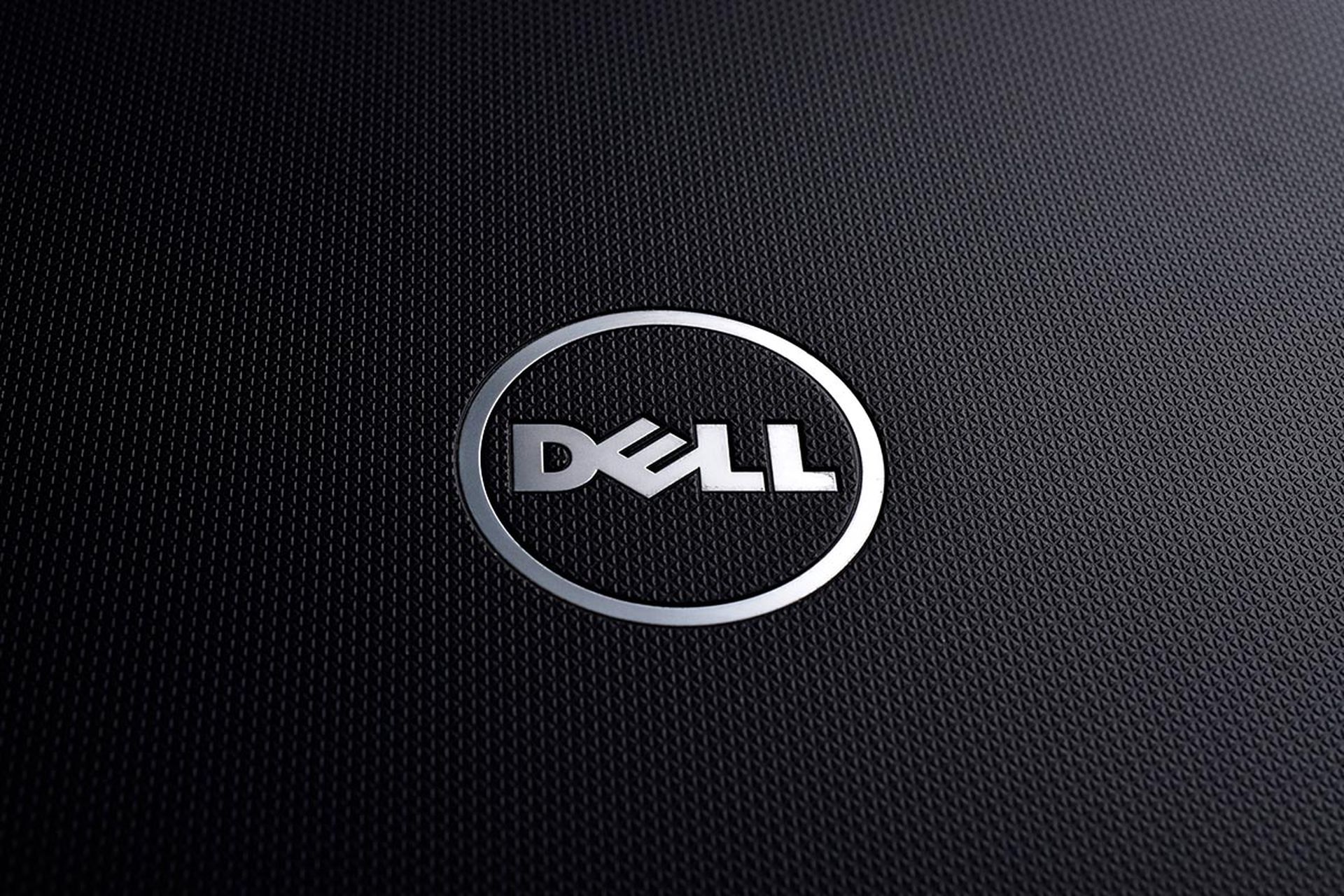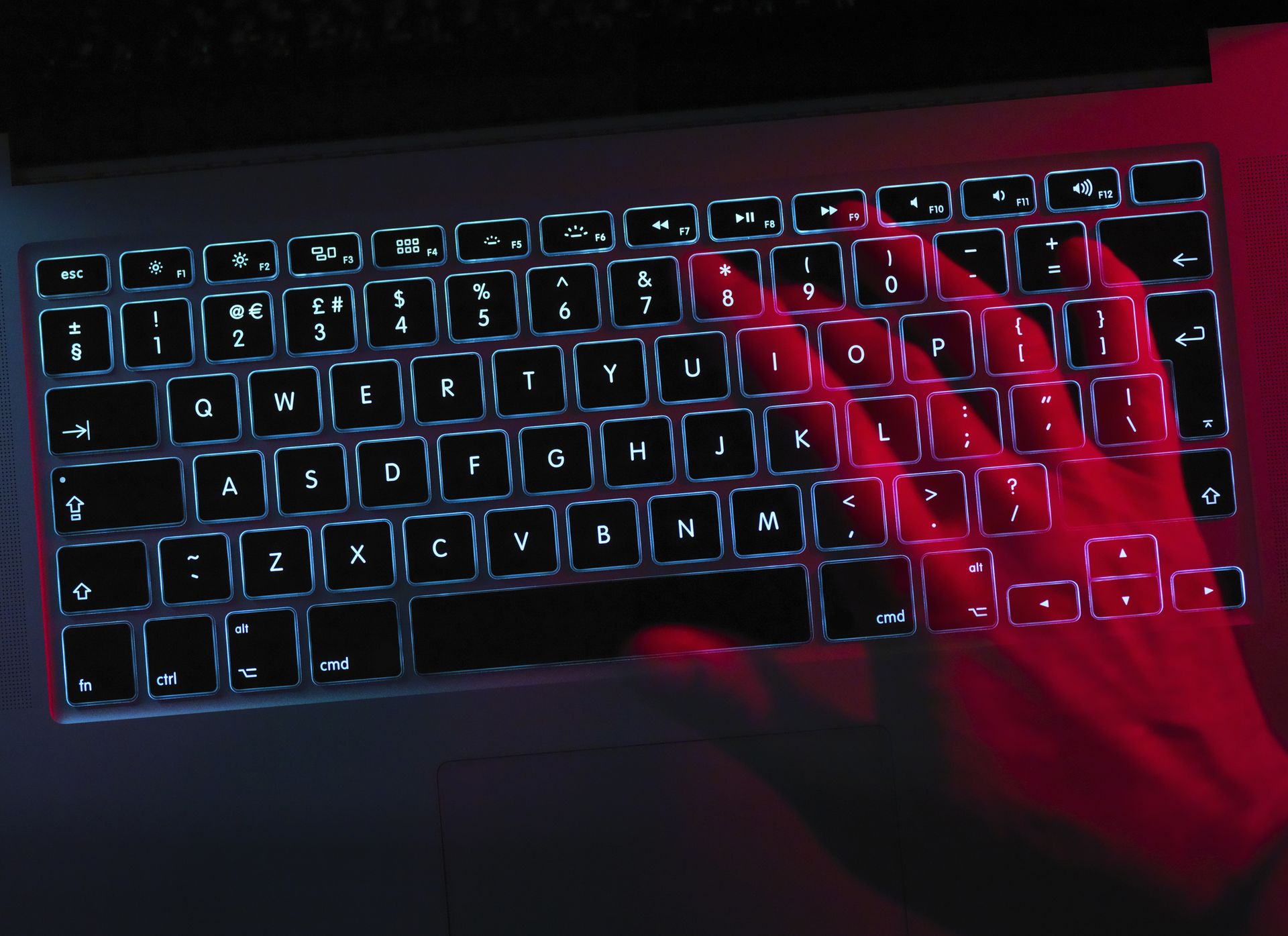Drones are a prime example. The United States currently is fighting several covert wars in which countries such as Pakistan and Yemen regularly are bombarded by robotic aircrafts that are killing thousands of people (including three U.S. citizens), among them civilians. The government, meanwhile, is employing a bizarre guilt-by-association logic to make the attacks appear more precise and successful than they actually are. Details of the drone program have never been presented to the public, never mind discussed or debated by Congress, leading some lawmakers to question whether drones are even a legal mechanism of war.
Thus it was no surprise that when the U.S. government, in conjunction with Israel, created a super computer worm known as Stuxnet designed to attack Iran's nuclear enrichment facilities, it did so under the cloak of extreme secrecy. The common argument in defense of this type of warfare is that by enlisting Stuxnet (and later the Flame virus), the United States was able to avoid mobilizing actual troops to accomplish its national security objectives. What often goes unmentioned, however, is that by unleashing one of the most sophisticated pieces of malware ever written on a nation against which there was no official war declared, the United States may have staged a cyber future that many people won't like.
"We have all kinds of cyber weapons that have already been used by America and its allies," Scott Borg, director of the U.S. Cyber Consequences Unit, a nonprofit that researches the impact of America's actions in cyber space, recently told me. "I compare it to entering the nuclear game without Hiroshima. We've got people using cyber weapons without thinking anything through but the tactical gain."
Aside from the perfectly reasonable argument that American aggression, whether dealt by drones in the air or malicious code over computer networks, actually exacerbates anti-American sentiment and potentially incites violence against the United States that may have never happened in the first place, the legal justifications of Stuxnet and Flame are still unknown. Yet many countries eventually may look to the two pieces of malware as examples to follow. This could quickly escalate conflict in a domain that allows anyone to strike from anywhere, often anonymously. In short, all hell could break loose.
 As Steve Coll wrote last June for The New Yorker: "Common sense argues for caution, especially by the President of the United States. It also argues for strong defenses, and the pursuit of global laws and norms to contain the military use of these technologies before they cause chaos and destruction. During the nineteen-fifties, a shocking number of American generals believed that a nuclear war could be won. 'Olympic Games' [codename for the Stuxnet operation] suggests a comparably self-aggrandizing strain among our new class of digital fighters. Here the comparison to the early nuclear era does seem apt. As a citizen, will it once again seem tempting to buy land, guns, gold, and bottled water?"
As Steve Coll wrote last June for The New Yorker: "Common sense argues for caution, especially by the President of the United States. It also argues for strong defenses, and the pursuit of global laws and norms to contain the military use of these technologies before they cause chaos and destruction. During the nineteen-fifties, a shocking number of American generals believed that a nuclear war could be won. 'Olympic Games' [codename for the Stuxnet operation] suggests a comparably self-aggrandizing strain among our new class of digital fighters. Here the comparison to the early nuclear era does seem apt. As a citizen, will it once again seem tempting to buy land, guns, gold, and bottled water?"
But instead of openly discussing the legal defenses and potential ramifications for this new era of battle, not to mention whether the attacked nation is sanctioned to respond back, the Obama administration actually has taken the opposite route, choosing to aggressively hunt down the officials who leaked the story to The New York Times that Stuxnet was a U.S. creation.
Prosecuting whistleblowers has been a common order of business during Obama's time in the White House. And according to a Washington Post story on Saturday, the FBI and U.S. Attorney General Eric Holder are stopping at nothing to unearth those involved in the Stuxnet leak.
"The FBI and prosecutors have interviewed several current and former senior government officials in connection with the disclosures, sometimes confronting them with evidence of contact with journalists," according to the Post. "Investigators, they said, have conducted extensive analysis of the email accounts and phone records of current and former government officials in a search for links to journalists."
I originally believed that the leakers of this story would not be sought because the disclosure was a calculated move on Obama's part to appear tough on perceived enemies, especially in the lead-up to the presidential election. But that does not appear to be the case.
A healthy democracy demands debate and openness, or at the very least acknowledgement, of our government's actions, which, after all, are committed in the name of the American people. What it does not necessitate is a relentless assault against revelatory journalism and the persecution of the very people who seek to divulge those truths.



